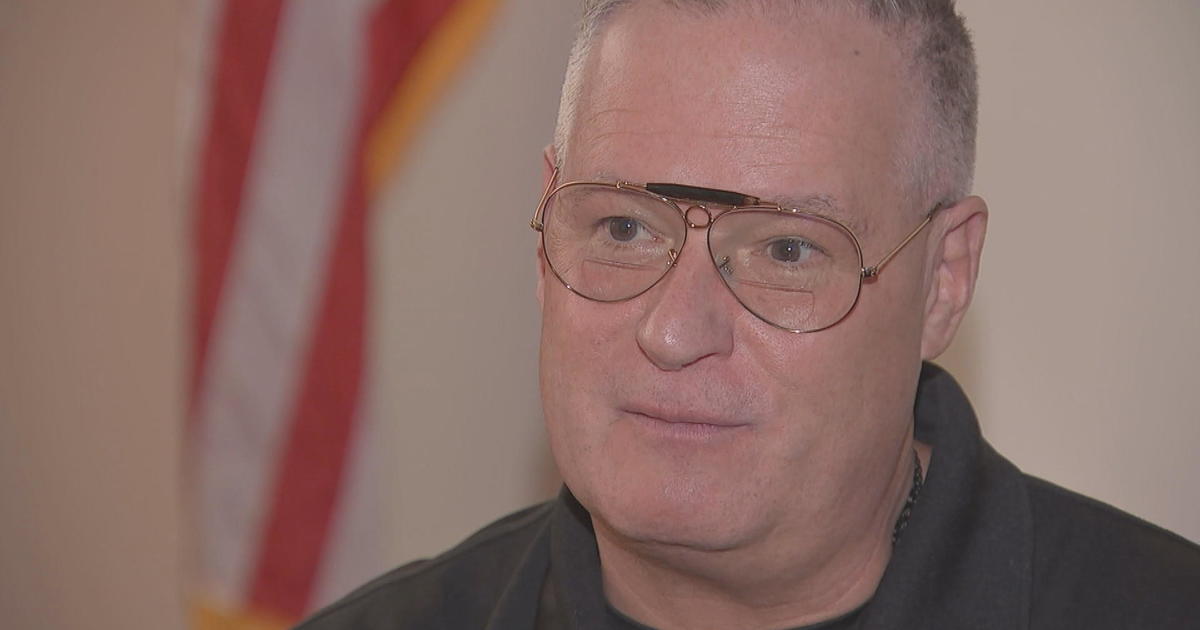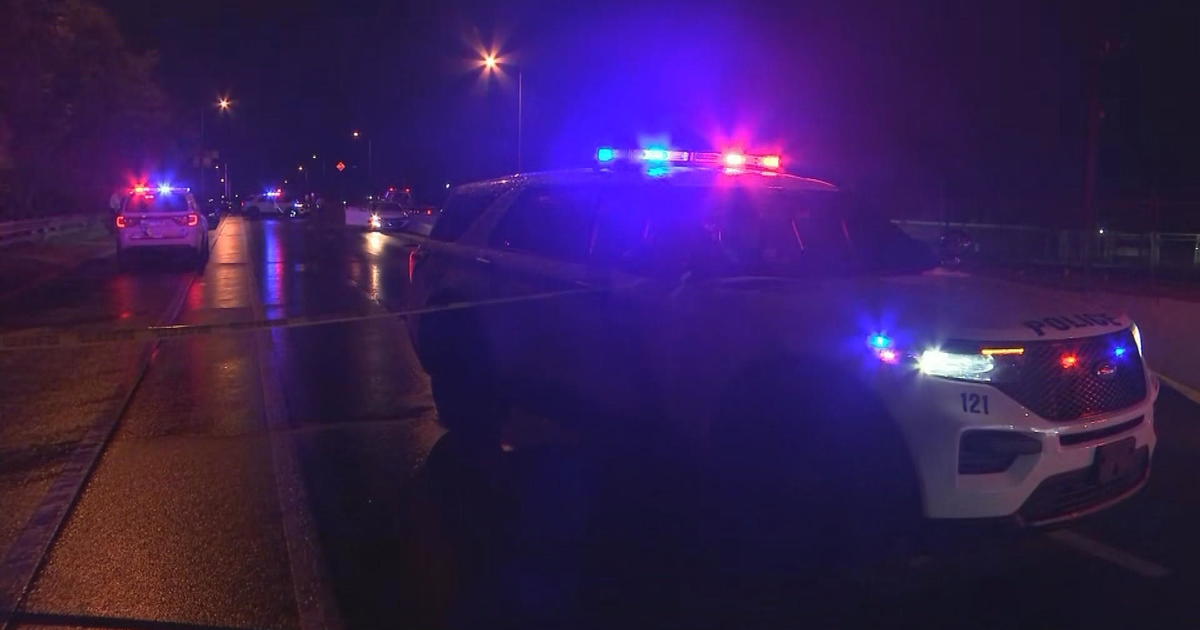3 On Your Side: Kitchen Fire Safety
By Susan Barnett
PHILADELPHIA (CBS) - Thanksgiving is the most common day for fires to break out in kitchens. It's frighteningly easy for a fire to start. Would you know what to do if it happened to you?
A huge inferno at a Cheltenham condo complex started in someone's kitchen.
"It went from smoke to flames within minutes," said one witness.
"We had multiple rescues where we assist people getting out. We had to carry them out," said one firefighter on the scene.
More than 100 people were drive out of their homes just last month, all because of a small stovetop fire that went out of control.
Kitchen fires are responsible for more than 400 deaths and more than 5000 injuries each year.
It happened to Jason Zeigler. Oil for his chicken wings caught fire.
"I see a bunch of smoke and a flame coming from the pot," Zeigler described.
His first reaction was to get the burning pot out of the house. "When I was turning around to get the door, and hit it with my backside, it flashed over and caught my arm, and I dropped the pot and it come up on me," he said.
He showed us his burns: "The skin was coming down. It looked like melted wax. I was burned on my right arm, and the right side of my face right here and my ear."
"It's minutes," said Cherry Hill Fire Marshal Thomas Shemeley, "three minutes from just a small pot on fire until your entire kitchen is on fire."
So how do you make sure a fire in your kitchen doesn't get out of control. We asked fire fighters to demonstrate. We start with a cup of cooking oil in a hot pan.
The fire starts within minutes. What may be your first reaction is exactly what not to do. Watch what happens when we pour one cup of water onto the burning oil.
The blast is so intense it rips the curtains off the window.
A wet dish towel just pushes the flames higher. Don't grab flour either. It will tend to make the fire grow.
So what should you do? One option is to smother the fire. Grab the nearest lid and put it over the pan. Immediately turn off the stove and leave the pan alone. If
you remove the lid too soon, it could re-ignite very quickly. If you don't have a lid handy, a cookie sheet will do.
There are fire extinguishers made for grease fires.
A little device called Stovetop Firestop is a fire extinguisher in a can. Attach it over the stove. When a stove fire reaches the fuse on the Firestop, fire-suppressing powder rains down.
The best way to handle a kitchen fire is to never let one start.
"I'm not telling you that if you're going to cook a turkey, you have to pull up a chair and sit in the kitchen for three hours," said Shemeley. "But frying, once it gets to the point where it's on fire, things start to really get out of control quickly."
If you want to buy a fire extinguisher for the kitchen, look for one with the classification of "B" or "K."
Remember -- if a fire can't be put out quickly, call 9-1-1 and get out of the house.
The National Fire Protection Association has information here: http://bit.ly/nTZ1OW
FEMA has information here: http://www.usfa.fema.gov/citizens/home_fire_prev/extinguishers.shtm



